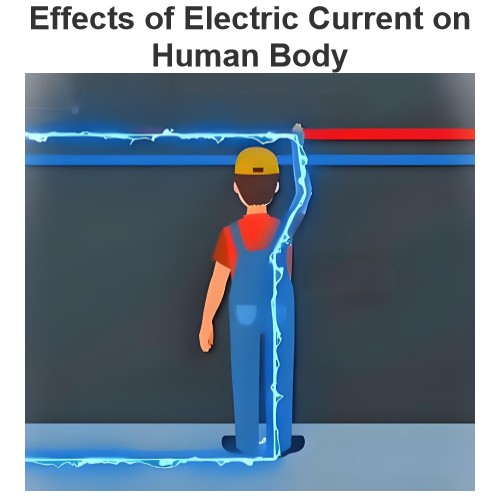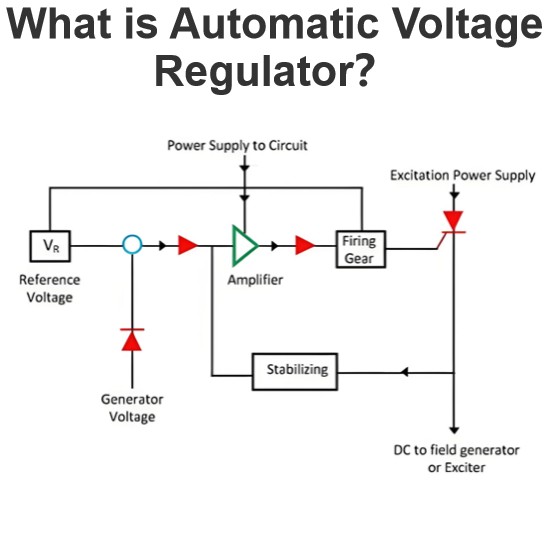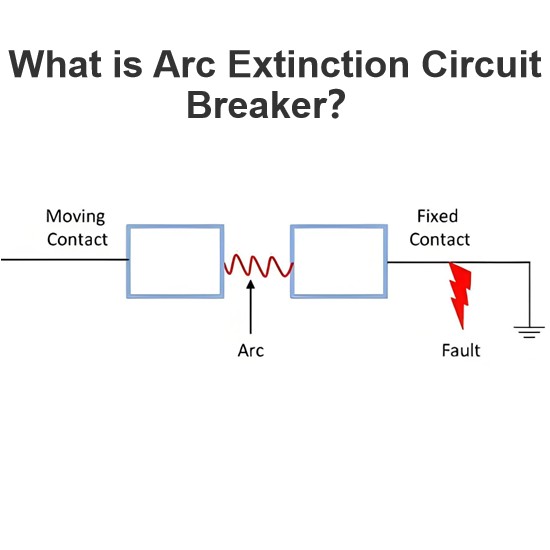Is it more or less dangerous to touch high voltage wires in water?
Touching a high-voltage wire while in the water is indeed more dangerous.
Here's an explanation
Enhanced Conductivity: Water is an excellent conductor of electricity, especially when it contains impurities such as salt water or sewage. When a person is in the water, the conductivity of the body significantly increases, which means that current can more easily pass through the human body.
Reduced Insulation: In water, the insulation provided by human skin and clothing is significantly diminished. Even if high-voltage wires are not directly touched, due to the conductivity of water, current can still be transmitted through the water to the body, resulting in electrocution.
Increased Rescue Difficulty: If someone is electrocuted in the water, the rescue work becomes even more challenging. Rescue personnel need to take additional safety measures, such as using insulated tools or wearing insulating equipment, to avoid being electrocuted themselves.
Electric Shock Hazard Expansion: In water, current can not only spread through direct contact but also disperse through the body of water. This means that even without direct contact with high-voltage wires, one may still be affected by electric shock as long as they are within a certain range.
In summary, touching a high-voltage wire in water is more dangerous than doing so in a dry environment. Therefore, it is advisable to avoid engaging in activities in bodies of water with high-voltage wires under any circumstances.
The Electricity Encyclopedia is dedicated to accelerating the dissemination and application of electricity knowledge and adding impetus to the development and innovation of the electricity industry.













